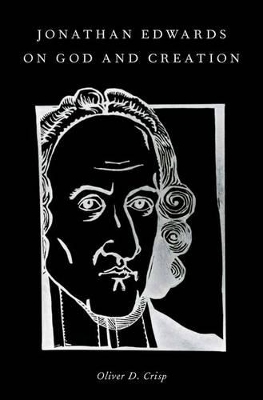Oxford Scholarship Online
1 total work
In Jonathan Edwards on God and Creation, Oliver Crisp considers two central themes in Edwards's thought, namely, his doctrine of God and his understanding of the created order, and how God and creation interrelate. Crisp argues that Edwards offers some truly original insights on these twin loci that have important implications for current theological discussion. What emerges is a picture of Edwards's understanding of God's relationship to the
created order that differs in important respects from those offered by several influential recent interpreters. Crisp does not flinch from showing where Edwards made mistakes as well as where he offers fresh insights. Edwards is shown to be at once relevant to current discussion of issues like perfect being theology,
panentheism, divine freedom or union with Christ, while remaining something of an idiosyncratic figure whose idealism and commitment to an uncompromising theological determinism can seem out of step with certain modern sensibilities. But, argues Crisp, even if we disagree with the conclusions Edwards reaches, which sometimes jar with our own intuitions about the divine nature or the created order, the clarity, rigor and sheer originality of his thinking offer an important set of themes and
ideas with which contemporary theologians can fruitfully engage as they set about the task of constructive theology.
created order that differs in important respects from those offered by several influential recent interpreters. Crisp does not flinch from showing where Edwards made mistakes as well as where he offers fresh insights. Edwards is shown to be at once relevant to current discussion of issues like perfect being theology,
panentheism, divine freedom or union with Christ, while remaining something of an idiosyncratic figure whose idealism and commitment to an uncompromising theological determinism can seem out of step with certain modern sensibilities. But, argues Crisp, even if we disagree with the conclusions Edwards reaches, which sometimes jar with our own intuitions about the divine nature or the created order, the clarity, rigor and sheer originality of his thinking offer an important set of themes and
ideas with which contemporary theologians can fruitfully engage as they set about the task of constructive theology.
